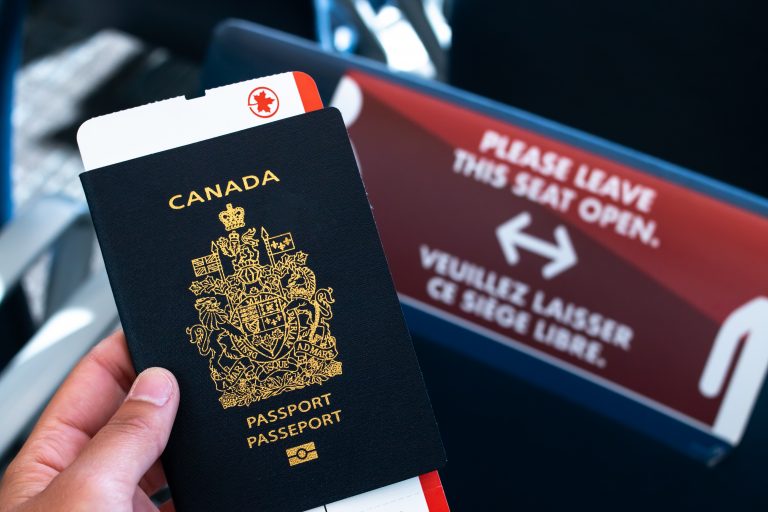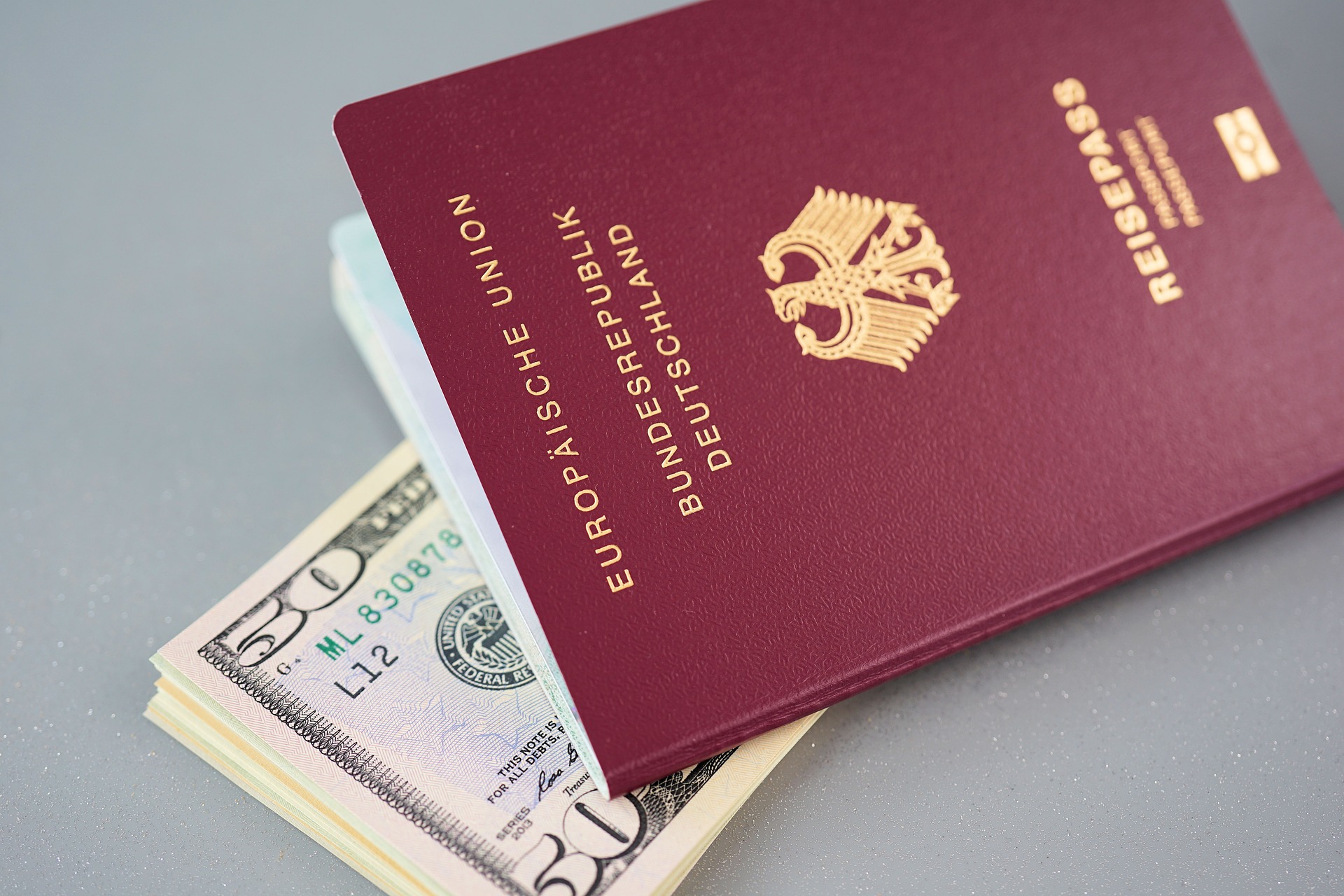Humanitarian and Compassionate
(H&C) Visas in Canada
A Humanitarian and Compassionate (H&C) visa is a special type of immigration status granted by the Canadian government to individuals who are inadmissible to Canada, but who would face hardship if they were to return to their home country. This visa is intended to help those who are at risk of persecution, torture, or other forms of harm if they were to be deported.
How Can a Person Qualify for Humanitarian & Compassionate Application?
H and C applications are for people without legal status and with no other option available to them. Some important factors for having a successful application under H & C grounds are:
- If you have family ties to Canada
- If you are employed in Canada although you are without a work permit
- If you are studying in Canada without a valid study permit
- If you are doing any kind of volunteering
- If you are upgraded your language skills
- If you are invested in Canada in the form of property and savings
- If you have social ties with Canada within your community


Eligibility Criteria
To be eligible for an H&C visa, an applicant must meet certain criteria, including:
1. Establishment in Canada
The applicant must have established themselves in Canada, meaning that they have lived in Canada for a significant period of time and have contributed to Canadian society.
2. Inadmissibility
The applicant must be inadmissible to Canada due to medical, criminal, or security reasons.
3. Risk of Harm
The applicant must face a risk of harm if they were to be deported to their home country. This could include the risk of persecution, torture, or other forms of harm.
4. Hardship
The applicant must face significant hardship if they were to be deported to their home country. This could include economic hardship, social hardship, or other forms of hardship.
Application Process
To apply for an H&C visa, an applicant must submit an application to Immigration, Refugees and Citizenship Canada (IRCC). The application must include:
- A detailed explanation of why the applicant is applying for an H&C visa
- Evidence of establishment in Canada, such as proof of education, employment, and community involvement
- Evidence of the risk of harm the applicant would face if deported, such as news articles or reports on the conditions in the applicant’s home country
- Evidence of the hardship the applicant would face if deported, such as financial documents or letters from family members
Once the application has been submitted, IRCC will review it and make a decision. This process can take several months.


Advantages of an H&C Visa
If an applicant is granted an H&C visa, they will be allowed to remain in Canada and work towards obtaining permanent residency. Some of the advantages of having an H&C visa include:
- Protection from deportation
- Ability to work and study in Canada
- Eligibility for healthcare and other social services
- Ability to sponsor family members for immigration to Canada
A Humanitarian and Compassionate (H&C) visa is a special type of immigration status granted by the Canadian government to individuals who are inadmissible to Canada, but who would face hardship if they were to return to their home country. This visa is intended to help those who are at risk of persecution, torture, or other forms of harm if they were to be deported.
How Can a Person Qualify for Humanitarian & Compassionate Application?
H and C applications are for people without legal status and with no other option available to them. Some important factors for having a successful application under H & C grounds are:
- If you have family ties to Canada
- If you are employed in Canada although you are without a work permit
- If you are studying in Canada without a valid study permit
- If you are doing any kind of volunteering
- If you are upgraded your language skills
- If you are invested in Canada in the form of property and savings
- If you have social ties with Canada within your community

Eligibility Criteria
To be eligible for an H&C visa, an applicant must meet certain criteria, including:
- Establishment in Canada The applicant must have established themselves in Canada, meaning that they have lived in Canada for a significant period of time and have contributed to Canadian society.
- Inadmissibility The applicant must be inadmissible to Canada due to medical, criminal, or security reasons.
- Risk of Harm The applicant must face a risk of harm if they were to be deported to their home country. This could include the risk of persecution, torture, or other forms of harm.
- Hardship The applicant must face significant hardship if they were to be deported to their home country. This could include economic hardship, social hardship, or other forms of hardship.
Application Process
To apply for an H&C visa, an applicant must submit an application to Immigration, Refugees and Citizenship Canada (IRCC). The application must include:
- A detailed explanation of why the applicant is applying for an H&C visa
- Evidence of establishment in Canada, such as proof of education, employment, and community involvement
- Evidence of the risk of harm the applicant would face if deported, such as news articles or reports on the conditions in the applicant’s home country
- Evidence of the hardship the applicant would face if deported, such as financial documents or letters from family members
Once the application has been submitted, IRCC will review it and make a decision. This process can take several months.
Advantages of an H&C Visa
If an applicant is granted an H&C visa, they will be allowed to remain in Canada and work towards obtaining permanent residency. Some of the advantages of having an H&C visa include:
- Protection from deportation
- Ability to work and study in Canada
- Eligibility for healthcare and other social services
- Ability to sponsor family members for immigration to Canada
